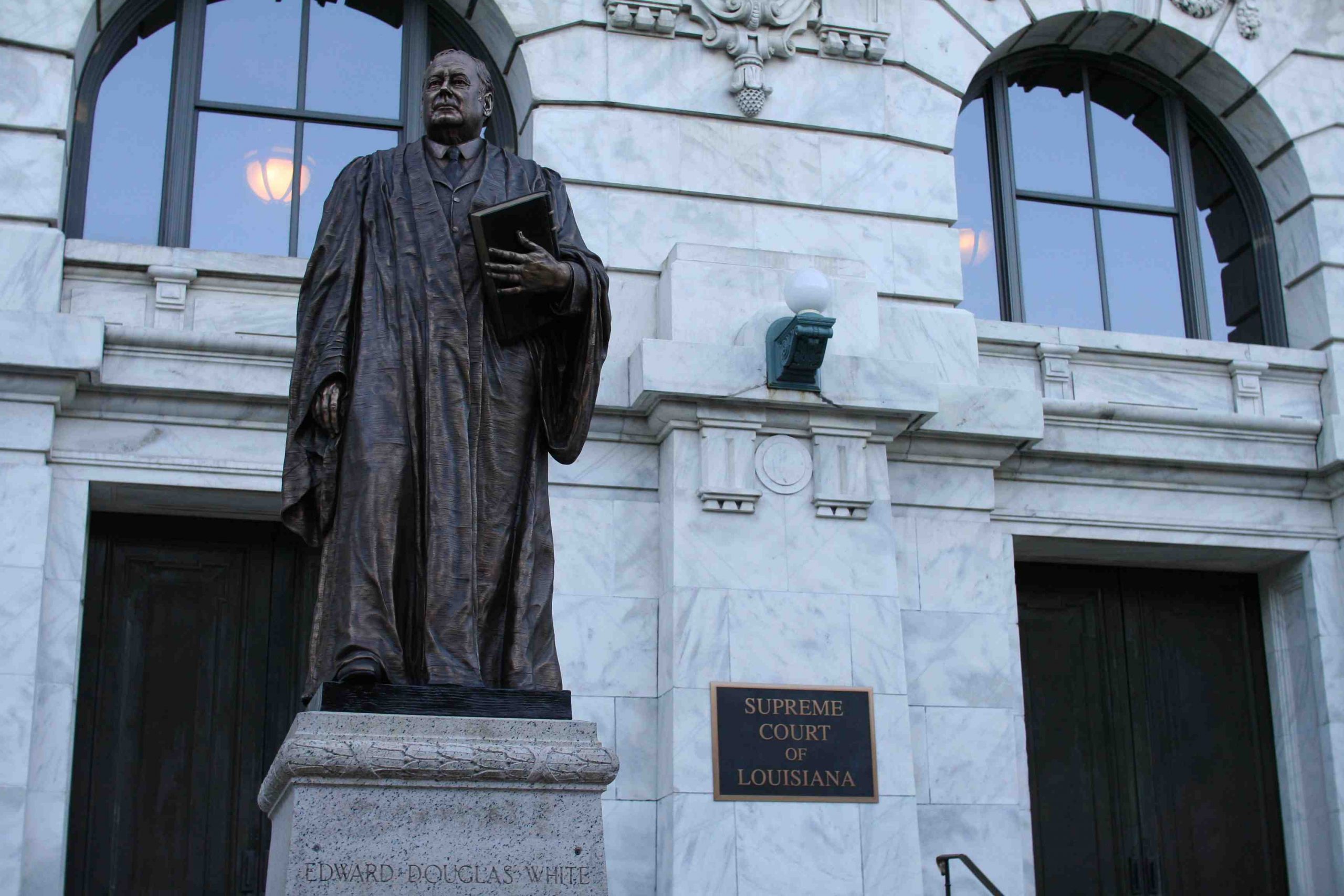When to Certify (from SCOTUS)
November 29, 2020Doe, a police officer, sued under Louisiana state law for injuries that he suffered when trying to clear a highway of protesters, who had been organized by McKesson. The district court dismissed the case on First Amendment grounds; a Fifth Circuit panel majority “held that a jury could plausibly find that Mckesson breached his ‘duty not to negligently precipitate the crime of a third party’ because ‘a violent confrontation with a police officer was a foreseeable effect of negligently directing a protest’ onto the highway, and the en b anc court divided -8 on whether to further review the case.
anc court divided -8 on whether to further review the case.
The Supreme Court held that the issue should be certified to the Louisiana Supreme Court, noting that “the dispute presents novel issues of state law peculiarly calling for the exercise of judgment by the state courts,” and that “certification would ensure that any conflict in this case between state law and the First Amendment is not purely hypothetical. The novelty of the claim at issue here only underscores that ‘[w]arnings against premature adjudication of constitutional questions bear heightened attention when a federal court is asked to invalidate a State’s law.'” McKesson v. Doe, No.19–1108 (U.S. Nov. 2, 2020) (citation omitted).